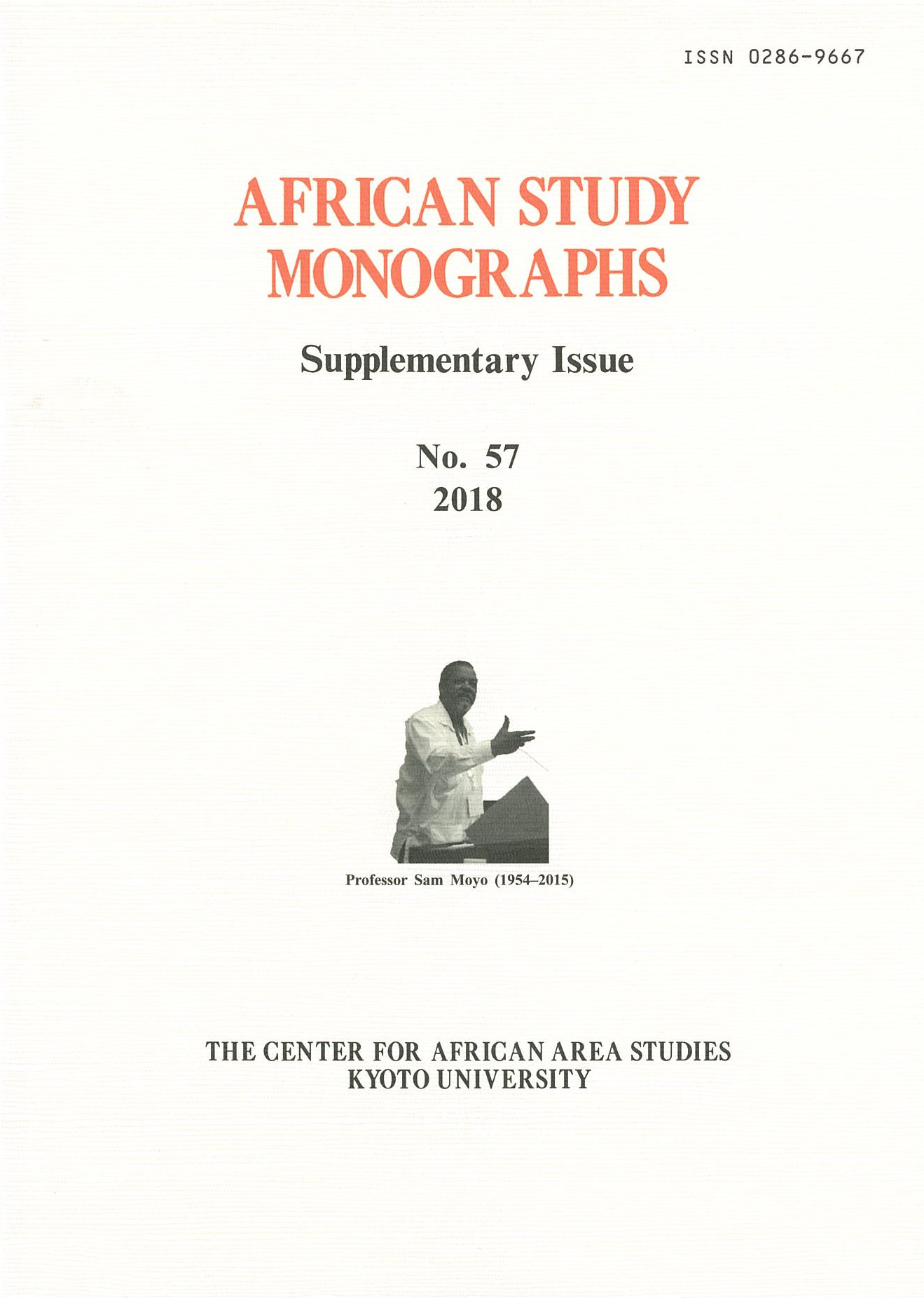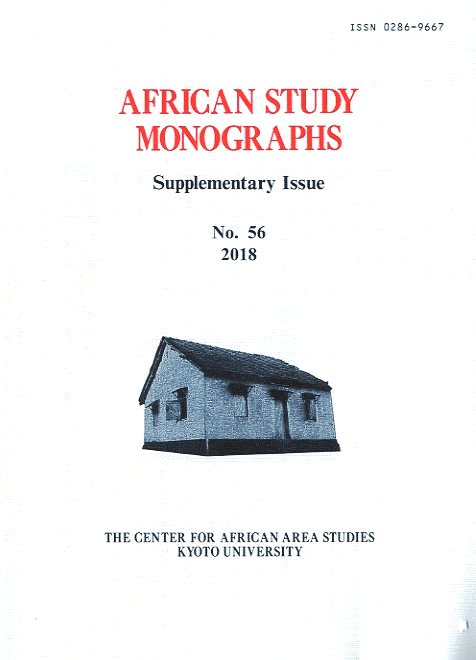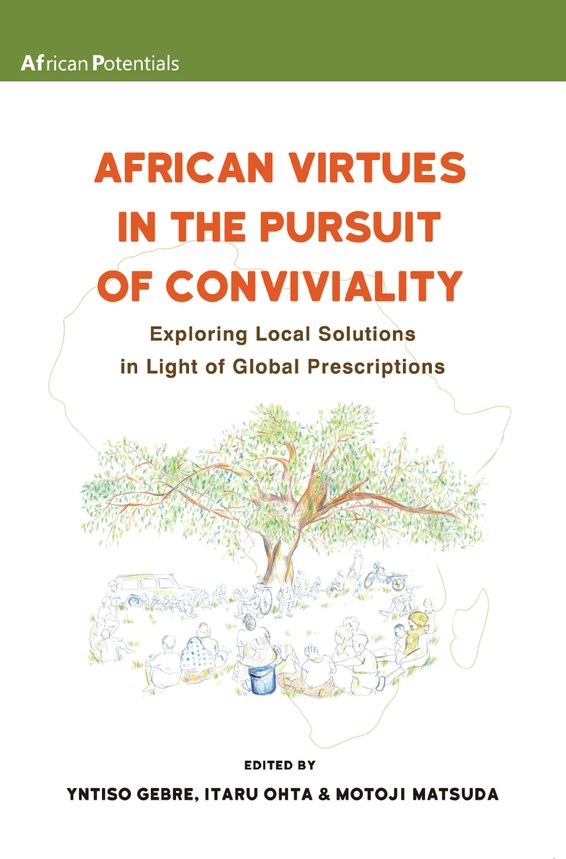Joint Panel of “African Potentials” project with Japan Society for Southeast Asian Studies
Title: Transitional justice and subsequent issued in Southeastern Asia and Africa: Comparative consideration on reconciliation and social integration
Date: May 27th, 2018, Sunday, 9:15 – 15:00
Venue: Kitagata Campus, University of Kitakyushu
- Facilitator: Satoru Kobayashi (Kyoto University)
Explanation of objectives: “Transitional justice and subsequent issues in Southeastern Asia and Africa: Comparative consideration on reconciliation and social integration” - – First report: Shintaro Fukutake (Sophia University)
“How conflicts and reconciliations are mentioned: Reading ‘Chega!’ the Final Report of the Commission for Reception, Truth and Reconciliation in East Timor (CAVR)” - – Second report: Toru Ueda (Setsunan University)
“Trajectory of reconciliation: Violence and belief in Dili, East Timor” - – Third report: Hiroko Inoue (Daito Bunka University)
“Who represents the nation?: Politicizing the construction of nation in modern East Timor” - – Fourth report: Satoru Kobayashi (Kyoto University)
“Issues caused by the dual structure of transitional justice in Cambodia” - – Fifth report: Toshihiro Abe (Otani University)
“Unexpected outcome of transitional justice in South Africa” - – Discussant 1: Yoshihiro Nakanishi (Kyoto University)
“Southeast Asian Studies: From a political science perspective” - Discussant 2: Motoji Matsuda (Kyoto University)
“African Studies: From an anthropological perspective”
“Transitional justice” is a global political option chosen for the reintegration of societies in the post-conflict period of 1990s onwards. Such endeavors started in Latin America and Africa and have spread to Eastern Europe and Southeastern Asia to date. Reports and discussion were delivered at this joint panel with purpose to: compare and contrast efforts of transitional justice implemented in Southeastern Asia (East Timor and Cambodia) and Africa (South Africa); elucidate what contemporaneousness behind such activities can be seen; and to clarify what common issues can be recognized through such cases implemented in different regions.
In the first report, Fukutake introduced an overview of the report by the Commission for Reception, Truth and Reconciliation in East Timor and focused the report’s use of a historical description based on “how the people in East Timor led themselves to violent actions. “The second report by Ueda looked at the context of the local reconciliation process developed outside of the transitional justice policy in East Timor. In particular, he observed how a catholic faith group called “Youth Cross” (which travels from regions to regions annually with a cultural leader) played a role in the improvement of conflictual relationships and security. The third report by Inoue pointed out that the exclusion of nonlocal specialists in domestic systems and administration, spread of anti-foreign discourse, and enhancement of centralization under the revival of “tradition” were seen after the establishment of the Democratic Republic of Timor-Leste (May 2002) in contrast to the foreigner-led system construction during the UNTAET period (1999-2002). The fourth report by Kobayashi covered the issue of reconciliation in Cambodia in its post-democratization period, focusing on the July 1994 train attack in particular. Victims of the attack included foreigners. The attackers, a group led by a former Lieutenant Colonel, were imprisoned for life after a previous amnesty was dismissed. The report looked back on a series of events and discussed how “there might have been possibility for evolution of dialogue towards reconciliation where both victims and perpetrator sit together after the amnesty.” The fifth report by Abe first looked at preceding studies on transitional justice that later developed as a global project. Based on his findings, he pointed out there is room to consider conditions specific to the transitional societies in which the project is implemented. The report suggested applying a concept of “Unexpected outcome” as an effective approach because it can be a common term for factual comparative studies.
Following these reports, the first discussant (Nakanishi) made comments and posed questions on: what social effects these reports and documents have in terms of recording and memory perspective; and how religious aspects in political projects in the transitional period should be understood. The second discussant (Matsuda) raised questions such as: what is the purpose of the comparative consideration of transitional justice policies now; and what is the impact transitional justice efforts may have in a place where such policies can be seen as a recession towards anti-foreign nation building. Active discussion on such topics as the impact of transitional justice in context of the examined societies and their potentials followed the reports.
(Reported by Abe)



